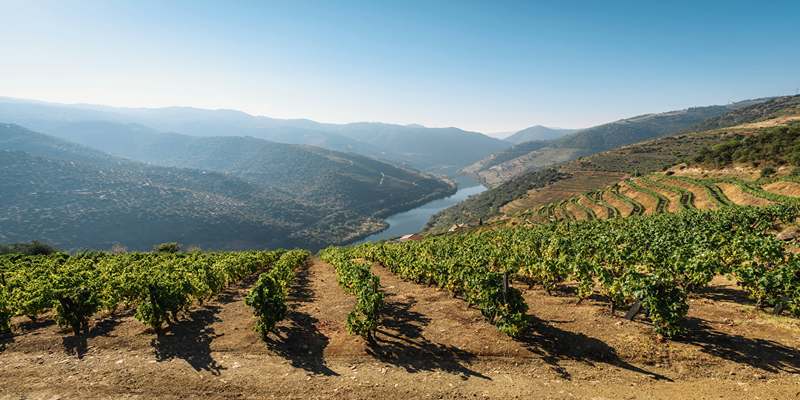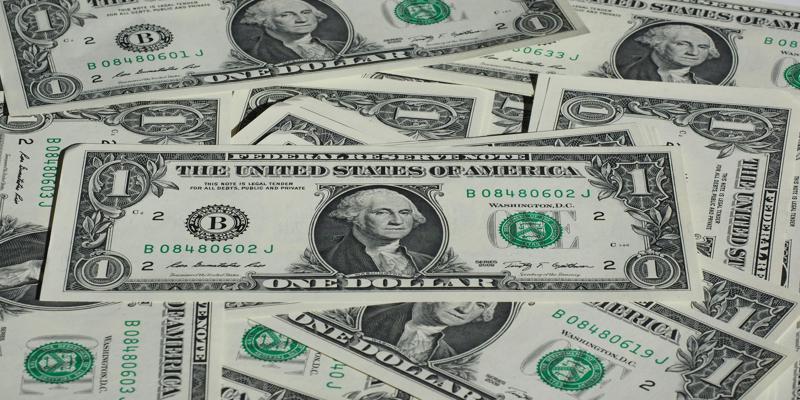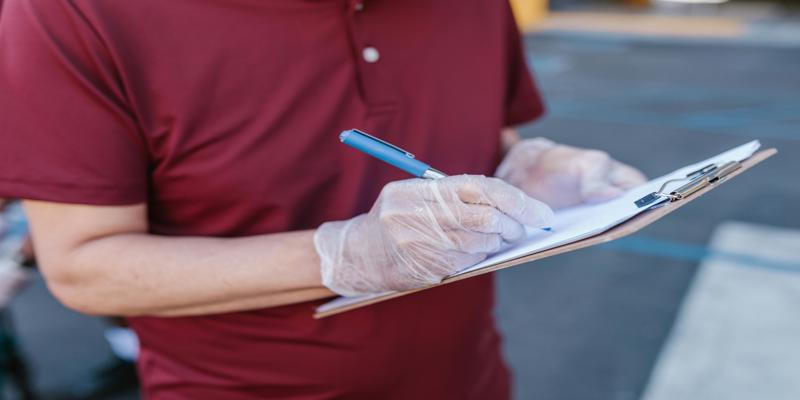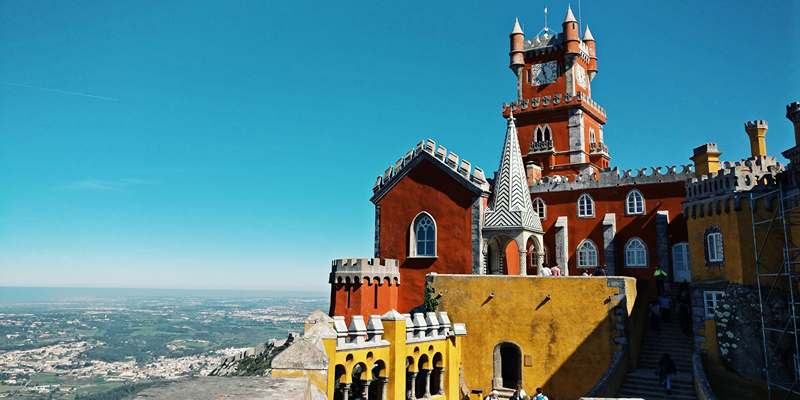Everything to Know About Using Cash in Bulgaria
Bulgaria is a country with a long history and passionate people, so many guests and emigrants come to live here. Another important part of feeling the country is how to use your money and knowing when to use cash. Although all forms of payments are now accepted in Bulgaria, including the internationally known credit cards, it is important to have some basic knowledge about Bulgaria’s official currency, called Lev (BGN), and how to properly manage money if one decides to live in Bulgaria or even if one simply wants to make a short visit there. This guide will assist in the understanding of the Bulgarian financial environment, with information regarding currency exchange, using the local ATMs, the practice of tipping, and the management of finances when you first arrive or have recently set up residence in the country. At the end of this article you will be well-prepared with valuable information on how to avoid financial pitfalls during your stay in Bulgaria.
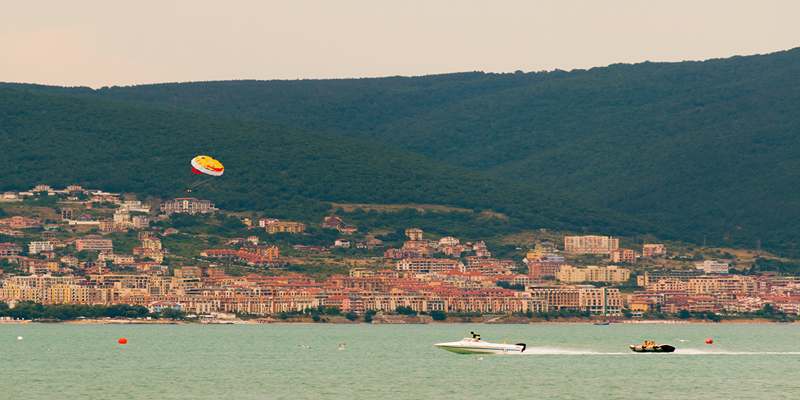
Understanding Bulgaria’s Currency: The Lev (BGN)
It is subdivided into one hundred stotinki; however, you will seldom see the cents as they are nearly worthless. Banknotes are in the denominations of 1, 2, 5, 10, 20, 50, 100, and 200 Levaa, while the coins are 1, 2, 5, 10, 20, and 50 stotinki and 1 and 2 Leva. Although the Lev is not used as the official currency in this country, the tendency to join the Eurozone has not been successful, and due to this, the stability of the Lev is commendable while exchanging from other currencies. However, it should also be pointed out that Bulgaria continues to use the Lev as its currency, and even though euros are sometimes taken in tourist-dominated businesses and restaurants, it is always advisable to use the Lev.
Currency Tips for Visitors in Bulgaria
Exchange offices are situated in any city, although they are mostly located in areas that are popular with tourists. However, not all of them bear friendly rates as would be expected. Always ensure you compare the exchange rates and also ensure that there are no concealed costs. Every bank has its ATM present throughout Bulgaria and provides a reasonable exchange rate. Nevertheless, there may be some charges for the withdrawal of the money, particularly when a foreign card is used. One should withdraw large amounts in a single operation in order to pay fewer fees towards the services. However, if you insist on banking services, practically all banks operating in Bulgaria will be able to provide you with exchange services. The rates here are generally a bit higher compared to the ones in currency exchange offices, although in most cases, you will be required to produce your passport when making the exchange.
Should You Bring Cash or Rely on Cards?
Cash is very important in most of the purchases, more so when visiting remote areas or towns. Small shops, street sellers, and, in particular, small cafes and eateries may not accept plastic money, so it is recommended to have some Lev in cash. It is also important to observe that most of the places you visit will always provide you with a cash discount as well. In large cities such as Sofia, Plovdiv, and Varna, there’s significant use of credit and debit cards as means of payment in restaurants, shops, and hotels.
Spending in Bulgaria: What You Need to Know
Generally the price for eating out in Bulgaria is relatively cheaper compared to other countries in the European region. A meal in a local restaurant needs 10 BGN to 20 BGN; the price varies by food type and geographic area. Frequently, in the territories popular among tourists, prices are usually higher as well, but for a few dollars, you can have a very filling meal. The cheaper in price are the street foods and local cafés, the better they are for people with limited cash.
It is said that the price of attractions is different, but for the majority of the popular attractions in Bulgaria, including museums, parks, and other landmarks, a ticket costs between 5 and 15 Bulgarian Lev. For the people who want to grasp the cultural aspect of the place, there are a lot of attractions that are relatively cheap, like going to the World Heritage sites such as Nessebar and Rila Monastery.
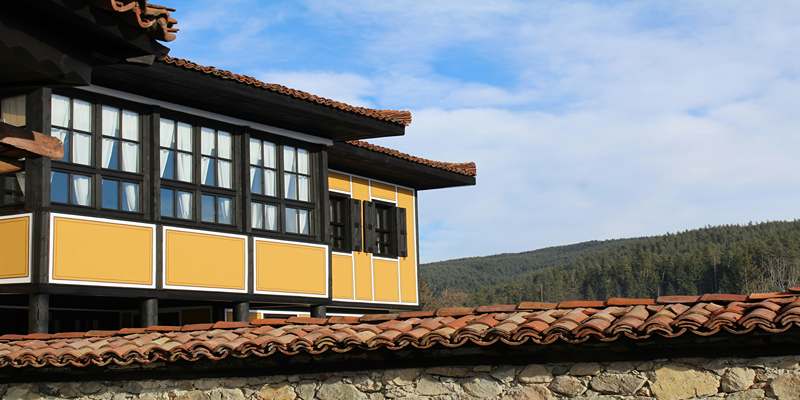
Handling ATM Withdrawals and Bank Fees in Bulgaria
The use of automated teller machines is one of the simplest methods of getting cash in Bulgaria. Just to let you know, there may be charges whenever you utilize a foreign credit card.
Some of the international banks have the policy of putting fees for using their ATM overseas, and the fees range from 2.5% to 5% of the amount that is being withdrawn. Some of the Bulgarian ATMs may also apply a minor charge to any transaction effected in local currency, which is, however, rare. Before leaving, make sure to find out from your bank any charges they will charge or the number of withdrawals they allow.
Tipping Culture and Cash Handling in Bulgaria
Bulgaria is a tipping nation; however, tipping is not compulsory, and the amount can range from a small to a particular figure depending on the service received. The most common tip is 10% of the total amount of the bill, and more often with regard to better restaurants and cafés. In other local or small cafés, it is normal to round up the bill or even pay a few Levs on the bill. Direct giving in cash is encouraged, as this way the employer is sure that the money gets to the staff. Standard practice for a taxi ride includes rounding off the fare, particularly for short distances. In lengthy travels, they recommend a 5-10% tip as being suitable.
Conclusion
Navigating the financial landscape in Bulgaria is relatively straightforward once you understand the currency and payment options available. Whether you are a visitor or an expat, carrying some Lev, using your credit card, or managing cash through ATMs are all efficient ways to ensure smooth financial transactions during your stay. With these tips, you’ll be able to comfortably handle spending, currency exchange, and budgeting while enjoying all that Bulgaria has to offer.


